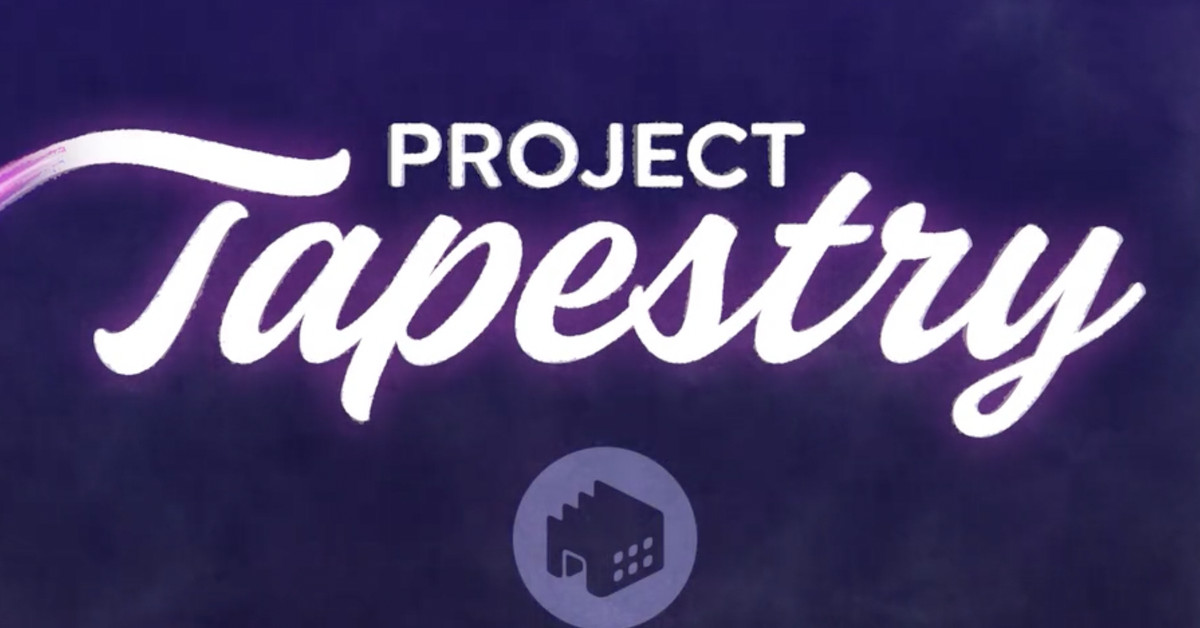Project Tapestry will make a universal, chronological timeline of the public web.
This sounds like tech-bro RSS.
If it depends on open apis like they say, then it probably won’t be able to do much.
I’m uncertain about this. It doesn’t seem much different than things like Inoreader and seems to lack as comprehensive a search.
Iconfactory’s selling point has always been the polish and quality of their apps. It will, of course, share feature parity with dozens of other offerings; but, people who want something that has great UI and unparalleled UX on iOS will be perfectly served by this app.
But the UI hasn’t been finalised yet?
They have an extensive library of apps and a history of delivering the best in class.
This is the best summary I could come up with:
Now, the app’s developer Iconfactory is raising funds on Kickstarter to create Project Tapestry, a new internet reader for the publicly accessible web.
The iOS app will serve as a “universal, chronological timeline,” pulling from federated social media networks like Mastodon and Bluesky, as well as Tumblr, Micro.blog, and any RSS feed.
It can work with anything that has an IP address and data that’s accessible with HTTP,” wrote lead developer Craig Hockenberry in an email to The Verge.
Project Tapestry has also created tools that let developers make their own plug-ins, and Hockenberry says the team is confident the app can work for a number of different purposes.
But there is one big part of the internet that Tapestry won’t be able to access, and this is the locked-in world of centralized platforms like Meta, Instagram, X, and even Threads (which is still working on ActivityPub integration).
Moreover, the app is truly meant to be an internet reader — so while users can view posts, they won’t be able to create or reply to them.
The original article contains 409 words, the summary contains 175 words. Saved 57%. I’m a bot and I’m open source!




